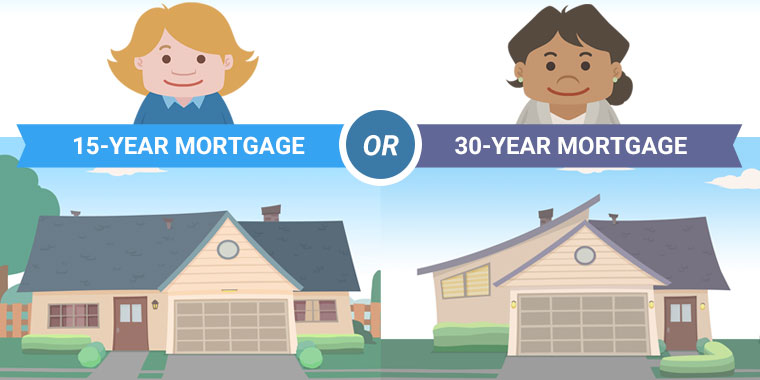For College Grads Thinking About Buying A Home
January 29, 2025
Two key terms you'll encounter early on are "FICO score" and "credit history." How do these two things affect your ability to buy a home?
Your FICO score is like your GPA – a quick indicator of your academic performance. On the other hand, your credit history is like your transcript – a detailed record of your courses and grades. Both are important.
FICO Scores: Your Financial GPA
Your FICO score is a three-digit number that summarizes your credit risk. It's calculated using a complex algorithm that considers various factors, including:
Payment History: Just like attending class, paying your bills on time is crucial. This is the most critical factor in your FICO score.
- Amounts Owed: Think of this as your current course load. Carrying too much debt (like taking too many challenging courses) can negatively impact your score.
- Length of Credit History: Similar to your academic career, a longer credit history generally demonstrates more experience and responsibility.
- New Credit: Opening multiple new accounts in a short period can raise red flags, just like suddenly changing your significant multiple times might concern an admissions officer.
- Credit Mix: Having multiple credit types (credit cards, loans, etc.) shows you can handle different financial responsibilities, much like taking a diverse range of courses, which demonstrates a well-rounded education.
Your credit history provides a record of your borrowing and repayment activities. It's a bit like a transcript, showing the lender a lot.
- Credit Accounts: Like a course on your transcript, each account tells a story about your financial behavior.
- Payment History: Late payments can hurt your overall financial picture.
- Credit Limits and Balances: These show how much "credit" you've been given and how you manage it.
- Public Records: Bankruptcies, liens, and judgments are like academic probation. They can be major obstacles to overcome.
Lenders use your FICO score as an initial screening tool. It gives them a quick snapshot of your creditworthiness. However, they delve deeper into your credit history to get the full picture.
Think of it like this: a high GPA might get you noticed, but a strong transcript with consistent performance and a challenging course load will ultimately secure your admission.
A good FICO score might get your foot in the door, but a positive credit history with responsible financial behavior will ultimately convince the lender to approve your loan.
Beyond the Numbers: The Importance of Financial Responsibility
While FICO scores and credit history are essential, lenders consider other factors, such as employment history, debt-to-income ratio, and other variables.
These extracurricular activities and letters of recommendation provide a more holistic view of your capabilities. Building a strong credit profile is ultimately about demonstrating financial responsibility to your lender. You need to show a record of being a good credit risk.
Like your academic performance, your creditworthiness reflects your commitment to meeting your obligations and managing your resources effectively.

FHA Loan Articles
April 11, 2021With the trend of falling interest rates since 2019, the number of mortgage refinances around the country has spiked and continues to rise. Borrowers with FHA loans can also capitalize on the low rates, but it may be possible to simplify the process with the FHA Streamline Refinance.
April 3, 2021Borrowers can choose to refinance for several reasons, but it comes down to prioritizing different benefits. One homeowner may want the lowest possible monthly payment, while another might want the shortest possible term for their loan.
March 29, 2021The FHA helps first-time and low-income homebuyers by having lower down payment requirements for its borrowers. Despite this lower credit eligibility criteria set by FHA, it is important to remember that FHA-approved lenders can set their own requirements
March 24, 2021One of the major arguments people have for renting instead of buying is the large upfront cost of a down payment. Depending on the type of loan program you apply and are approved for, this could mean anything between 3.5% and 20% percent of your purchase price.
March 21, 2021The two basic types of home loans are fixed rate and adjustable-rate mortgages. The mortgage market offers many other options to homebuyers, but these two are the most common, and the first pair from which to pick.







